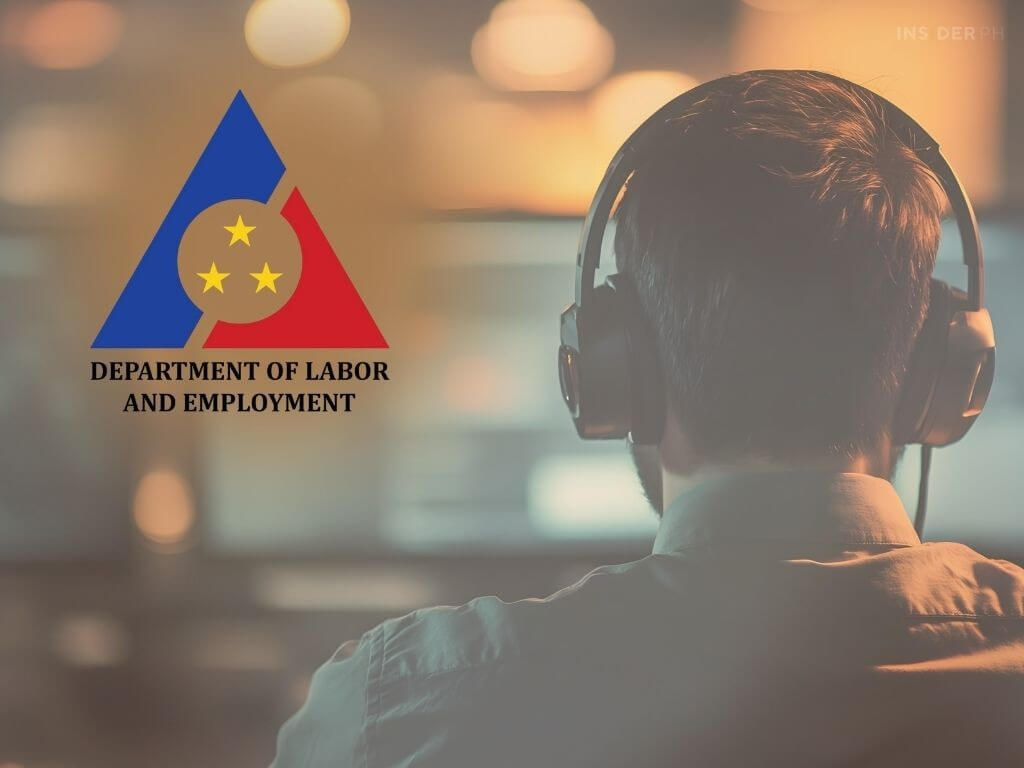

The DOLE-7 announced the order on its official Facebook page on Oct. 5 but did not name the BPO companies involved.
Violations, hefty daily fines
In its directive, the DOLE-7 ordered the BPO firm to cease operations until all unsafe conditions and acts posing imminent danger to workers are addressed or corrected, along with any other cited violations.
If the company fails to comply with the requirements to correct the violations, it will be subject to a daily penalty as provided under Department Order No. 252, Series of 2025.
Section 42 of Department Order No. 252 states that a penalty of up to ₱100,000 per day may be imposed starting from the date the employer, contractor, or subcontractor is notified of the violation or receives the compliance order or resolution.
The other BPO company was served a notice of conference directing it to submit proof of corrections related to the findings and noted deficiencies.
DOLE-7 also warned employers and building administrators that the order was only an initial action toward ensuring full compliance with labor and safety regulations.
More vigorous inspections will be conducted moving forward, the DOLE-7 said.
Quake aftermath complaint sparks DOLE investigation
The order stemmed from a complaint filed by the BPO Industry Employees Network (BIEN) on Oct. 2, two days after a magnitude 6.9 earthquake struck Cebu at 9:59 p.m. on Sept. 30.
According to the group, company agents were compelled to report for duty even after they appealed to management to allow them to focus on their safety and families in the aftermath of the quake.
Employees who chose not to report for work after the tremor were issued notices to explain and faced administrative sanctions, including the loss of attendance incentives and other benefits.
When reached for comment, Kyle Enero, spokesperson of BIEN-Cebu, said the DOLE decision merely proved that the agency was not helpless, but rather capable of enforcing sanctions, ordering work stoppages, and safeguarding workers’ rights and welfare.
“But we dare ask: why only now?” he added.
After the earthquake, BIEN-Cebu immediately urged the government to declare an imminent danger situation, which would serve as the basis for a temporary work suspension to allow time to ensure workers’ safety.
Enero noted that a day after the tremor, the DOLE merely reminded private employers of existing labor advisories that affirm workers’ right to refuse unsafe work.
Missing safety plans, poor oversight among violations
In its order, the DOLE-7 said the BPO company that was issued a cease and desist order was found to have the following violations:
DOLE-7 said the deficiencies reflected the BPO company’s lax implementation of safety and health rules, which exposed workers to imminent danger.
The stoppage order reminds employers that under Section 6 of DOLE Department Order 252, Series of 2025, employees have the right to refuse work without threat or reprisal from the employer if there exists imminent danger in the workplace.
Rules on work stoppage: reassignment, flexible work, pay
Based on DO 252, ‘imminent danger’ refers to a situation caused by a condition or practice in any workplace that could reasonably be expected to lead to death or serious physical harm.
As a preventive measure, the safety officer is authorized to order a work stoppage or suspend operations if an imminent danger exists in the workplace, and may do so without fear of reprisal.
Employees affected by an imminent danger situation may be temporarily reassigned to other areas of operation, provided there are no safety and health issues, or may be allowed to render work in alternative or flexible working arrangement.
But if such is not feasible, employers shall pay the affected workers their corresponding wages during the period of such stoppage of work or suspension of operation due to an imminent danger situation.

Contributor